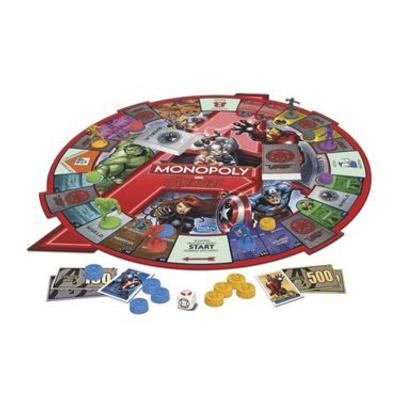Time to time people will defend Monopoly, the game to me, and they’ll do it with the best of intentions. There’s a story there, a story that works really well and we want to stand up for it – the story of Elizabeth Magie, who created The Landlord’s Game, which was copied by Charles Darrow.
The line runs, more or less, that yes, Monopoly is bad, but it’s meant to be bad and there’s strength there. Elizabeth Magie’s game was meant to show the way that landlording concentrated wealth and moneyed classes eventually consumed one another in a monopoly, Ruining Everything. Monopoly, the derivative of this communalist game, is bad because it inherited this DNA, and that’s interesting.
Thing is, it doesn’t really change that Monopoly still has gameplay problems that aren’t really related to its message, sort of. And you’re presented then with a newer, interesting question about the intentions of the designers and the rules of the game.

Elizabeth Magie died in 1948. Monopoly was released in 1934 or so. Neither of those designers saw The Avengers, which came out in 2012. So it’s hard to really consider the intention of those designers when examining how their visions of monopoly related to the modern, recent takings of the game. And that’s part of the problem. We’re at a point where Monopoly is designed more as a brand than as a game.
This can make talking about the intention of the designer a little weird. Also the story, and knowing it, doesn’t make the play more fun or more interesting: It’s still Monopoly, it’s still grindy, it still relies on grinding out knockouts, and it still takes a long time to play, even with the speedier original play.
I’m not trying to bash Monopoly if you like it. The game is hugely successful, indicating that it might be good (though you also have the way business and marketing interact with one another to promote things that aren’t necessarily good). As a designer, there are even lessons to learn in what Monopoly does wrong. Heck, as a teacher, I really really wish fewer students used it as their starting point for what board games are like. Because what this game does best is occupy a place in everyone’s lives, be the first-stop brand everyone thinks of, fill shelf space over and over, get permutated versions every place they can…
like some kind of monopoly.